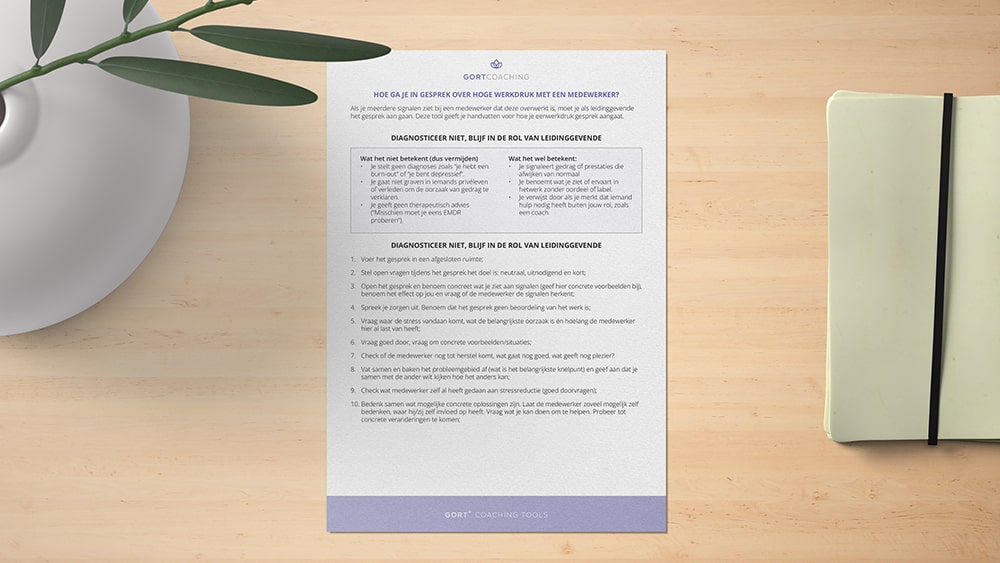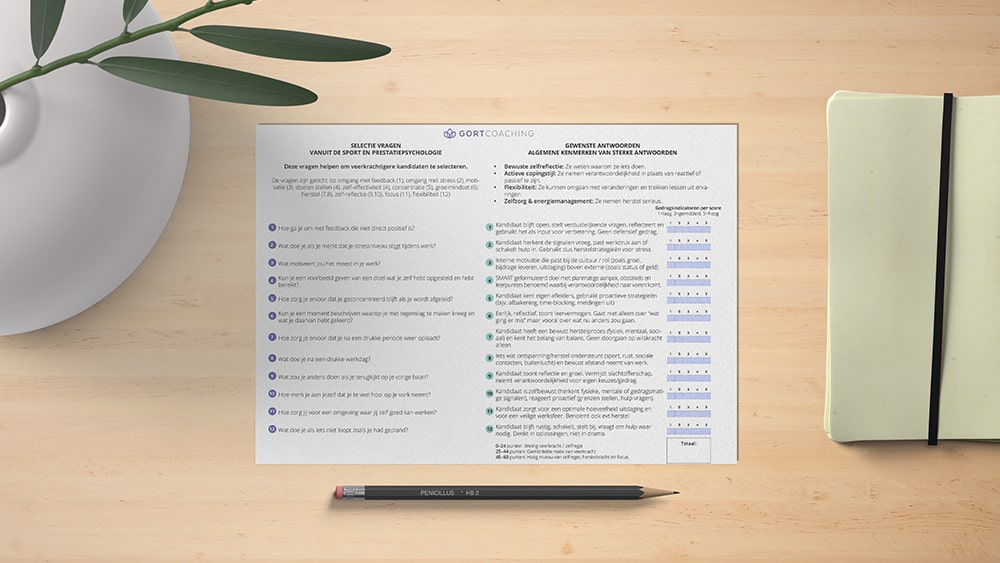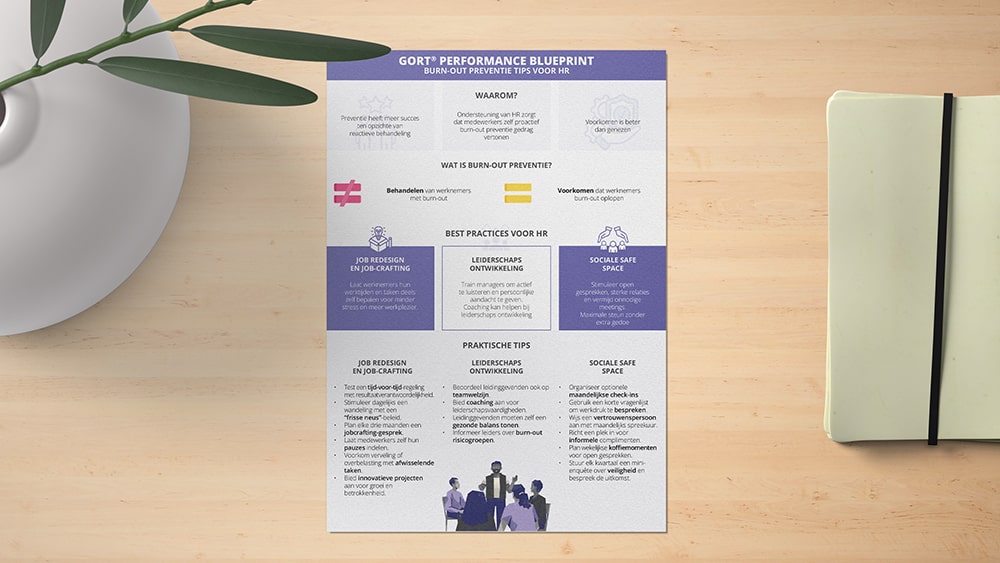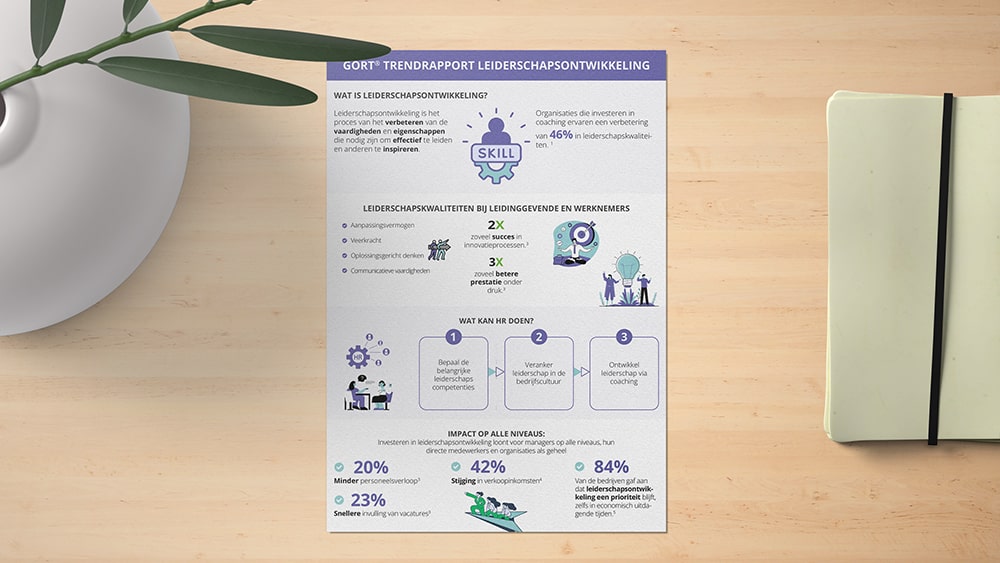In today’s rapidly evolving business landscape, the need for effective leadership and personal development within organizations is more important than ever. As a HR manager or company leader, it is crucial to recognize when your team members may need additional support, and to have knowledge of the tools that exist to facilitate this. A transformational coach may be precisely what your team needs to overcome difficult challenges. But what exactly is a transformational coach, and how can they contribute to fostering a more dynamic, empowered, and high-performing workplace? Understanding the role of a transformational coach can be instrumental in unlocking your team’s potential and driving your organization towards unprecedented levels of success. In this blog post, we will shine light on the role of a transformational coach, breaking down their responsibilities, methods, and the profound impact they can create within your organization.
DEFINING THE ROLE OF A TRANSFORMATIONAL COACH
A transformational coach is a professional who guides clients through deep, meaningful changes in their personal lives that reflect on both their wellbeing and professional performance (Frodsham, 2024). With a focus on personal growth, a transformational coach helps clients identify and overcome barriers, develop new perspectives, and foster a mindset of continuous growth and self-improvement (Braunstein et al., 2017). The ultimate goal of a transformational coach is to empower clients to create long-lasting positive change in their personal lives, simultaneously boosting their professional achievement and satisfaction.
THE UNIQUE BENEFITS OF TRANSFORMATIONAL COACHING
Transformational coaching in the workplace offers numerous benefits for those seeking personal growth and change. Here are some key advantages:
GREATER SELF-AWARENESS
The transformational coaching process helps clients engage in a deep introspection, gaining insight into their strengths, weaknesses, values, and beliefs. This allows clients to reach a deeper understanding of themselves. This increased self-awareness puts the client in a position where they are more open to meaningful, lasting change.
OVERCOMING LIMITING BELIEFS
Coaches work with clients to identify and challenge negative thought patterns, opening the door to new possibilities and opportunities. A coach will help their client acknowledge how these patterns hold them back from making progress, reframing their thought processes to unlock positive change.
INCREASED MOTIVATION
Transformational coaches provide the encouragement, inspiration, and guidance needed to help clients stay committed to their goals.
ENHANCED RESILIENCE
Through coaching, clients develop the tools and strategies necessary to cope with challenges, setbacks, and obstacles.
THE TRANSFORMATIONAL COACHING PROCESS: A JOURNEY OF GROWTH
The journey of motivation coaching typically starts with an in-depth assessment. Here, coaches collect essential information about a client’s current state, their aspirations, and desired changes. This comprehensive evaluation creates a foundation for the following stage of exploration, where coaches assist clients in recognizing barriers, limiting beliefs, and potential avenues for personal growth.
This understanding serves as a foundation for the next phase; goal setting. Here, clients collaborate with their transformational coach to set clear, attainable goals related to the areas they wish to grow in, and challenges they want to overcome.
Once these the client and coach come to an agreement about their goals, the following phase is implementation. Clients begin to integrate new strategies, perspectives, and behaviors into their everyday lives, marking the beginning of their transformation journey.
Unlike a one-time intervention, this is a dynamic journey that evolves with the client. Coaches closely monitor their clients’ progress, providing constant support and making necessary adjustments to their plans (Frodsham, 2024). This cycle of evaluation and adjustment ensures the coaching process is both flexible and responsive to the client’s evolving needs and goals. Therefore, the main benefit of transformational coaching comes from its iterative nature, constantly checking in and continuously supporting clients in their pursuit of personal growth and meaningful change.
EMBRACE THE POWER OF TRANSFORMATIONAL COACHING
Highlighting the role of a transformational coach and the unique benefits this coaching style offers to the workplace underscores its potential to drive meaningful change within your organization. When contemplating whether a transformational coach is the best fit for your company, it’s essential to understand the benefits they can bring to your employees and work environment. Furthermore, selecting the right coach will be the key element to unlocking their full impact and achieving successful results.
At GORTcoaching, we can help you find the best-fit coach for your company and employers to reach their goals, improve their well-being and enhance their performance!
References
Transformational coaching: Everything you need to know. A-Plan Coaching. (2023, March 29).
Braunstein, L., Stinnett, R., & Smith, B. (2017). A multi-method investigation of the transformational coaching behaviours of elite swimming coaches. International Journal of Sports Science & Coaching, 12(4), 498-506.

 English
English  Vlaams
Vlaams  Deutsch
Deutsch 























